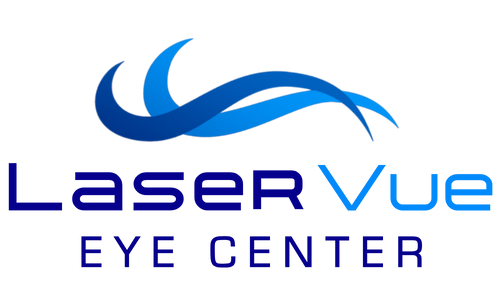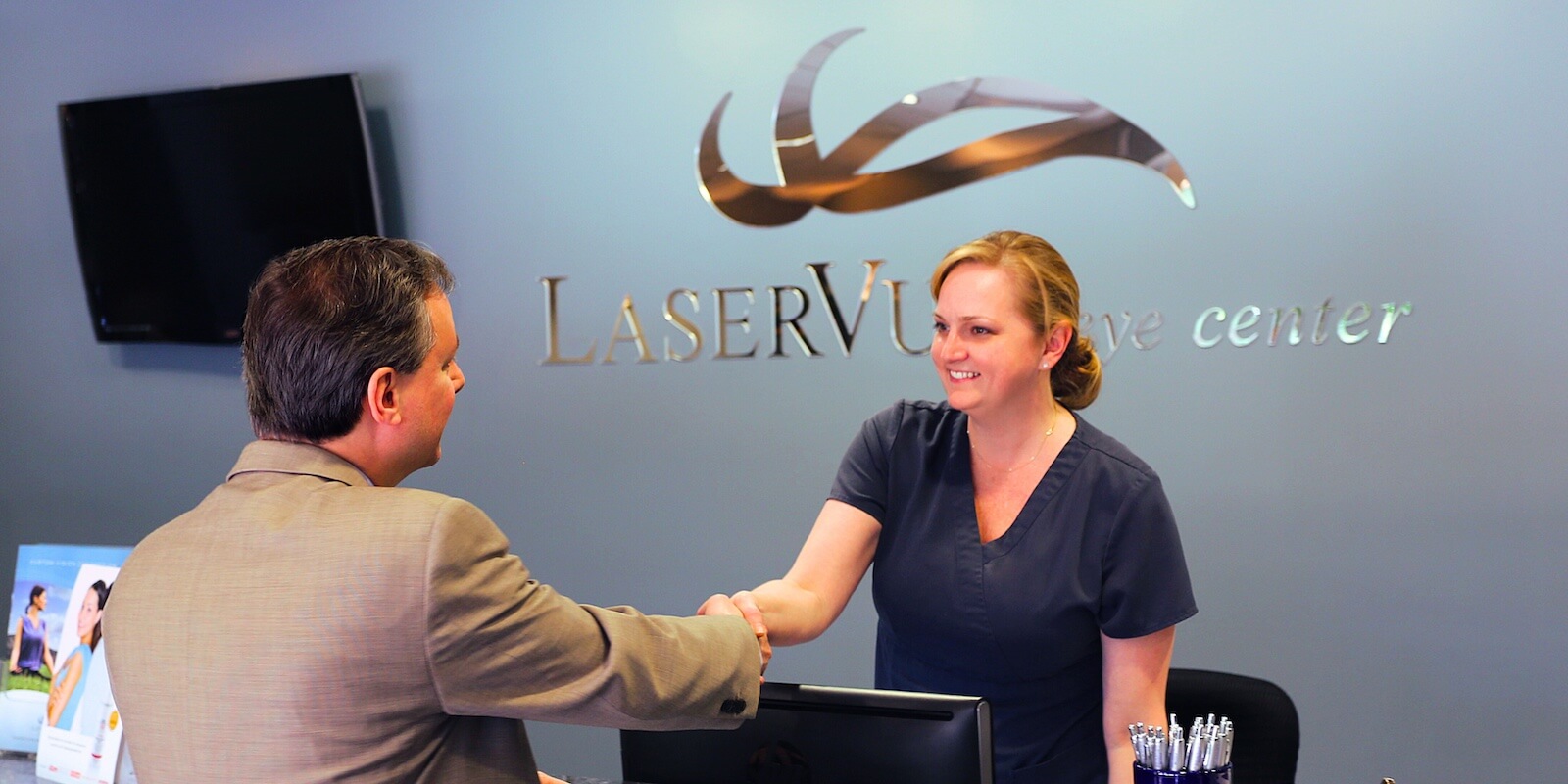
What is Macular Degeneration?
Macular Degeneration is a deterioration or breakdown of the macula. The macula is a small area at the center of the retina in the back of the eye that allows us to see fine details clearly. This usually occurs after the age of 60. Dry macular degeneration doesn’t cause total blindness, but it worsens your quality of life by blurring or causing a blind spot in your central vision.
The visual symptoms of Aging Macular Degeneration involve loss of central vision. While peripheral (side) vision is unaffected, one loses the sharp, straight-ahead vision necessary for driving a car, reading, recognizing faces, and looking at details. Because overall life expectancy continues to increase, age-related macular degeneration has become a major public-health concern.
Although the specific cause is unknown, AMD seems to be part of aging. While age is the most significant risk factor for developing AMD, high blood pressure, blue eyes, heredity, cardiovascular disease, and smoking have also been identified as risk factors. AMD accounts for 90 percent of new legal blindness in the US. Macular degeneration exams are available in San Francisco, San Jose, and Santa Rosa.
Types of AMD
Dry AMD
Nine out of 10 people who have AMD have the dry form (called atrophic), which results in thinning of the macula. Dry AMD takes many years to develop. Currently there is no treatment for this form of AMD. Changing your diet to include more fruits and vegetables and other healthy foods may help you prevent vision loss if you’ve been diagnosed with macular degeneration. Wet macular degeneration affects only about 15% of people who have age-related macular degeneration but accounts for two-thirds of the people who have significant visual loss.
Wet AMD
In the wet form of macular degeneration, newly created abnormal blood vessels grow under the center of the retina. These blood vessels leak, bleed, and scar the retina, distorting or destroying central vision. Vision distortion usually starts in one eye and may affect the other eye later. In contrast to the dry type, vision loss may be rapid in the wet type of macular degeneration. For those wet AMD patients whose blood vessels are growing directly under the center of the macula, a procedure called photodynamic therapy (PDT) may be used to treat some patients with fewer visual side effects than other treatments. New treatments have recently become available using medications that are injected directly into the eye to shrink tissues. These are called Macugen and Lucentis. If the blood vessels are not growing directly beneath the macula, laser surgery is one effective treatment for wet AMD. The procedure usually does not improve vision but prevents further loss of vision. Promising AMD research and vision scientists have been exploring ways to use new technology on many fronts. In the meantime, high-intensity reading lamps, magnifiers and other low-vision aids help people with AMD make the most of their remaining vision.
Treatments for Macular Degeneration
Macular Degeneration and Nutritional Supplements

The exact causes of Age Related Macular Degeneration are not fully understood, a recent scientific study shows that antioxidant vitamins and zinc may reduce the impact of AMD in some people with the disease. Light may affect the eye by stimulating oxygen, leading to the production of highly reactive and damaging compounds called free radicals. Antioxidant vitamins (vitamins C and E and beta carotene) may work against this activated oxygen and help slow progress of macular degeneration.
Among people at high risk for late-stage macular degeneration (those with intermediate AMD in both eyes or advanced AMD in one eye), a dietary supplement of vitamins C, E and beta carotene, along with zinc, lowered the risk of the disease progressing to advanced stages by about 25 to 30 percent. However, the supplements did not appear to benefit people with minimal AMD or those who have no evidence of macular degeneration. For details of the study go to www.nei.nih.gov/amd.
Zinc, one of the most common minerals in our body, is very concentrated in the eye, particularly in the retina and macula. Zinc is necessary for the action of over 100 enzymes, including chemical reactions in the retina. Studies show some older people have low levels of zinc in their blood. Because zinc is important for the health of the macula, supplements of zinc in the diet may slow down the process of macular degeneration.
Remember that vitamin supplements are not a cure for AMD, nor will they restore vision already lost from the disease. However, specific amounts of certain supplements do play a key role in helping some people at high risk for advanced AMD to maintain their vision. Speak with your eye doctor to determine if you are at risk for developing advanced AMD and what nutritional supplements are appropriate for you.
Our Patients Love Their New Vision
Our patients love LaserVue. But don’t take our word for it. Hear what they have to say:
We treat our patients with compassion and respect with every Macular Degeneration exam. Please call 1-800-527-3745 to schedule your appointment today.

